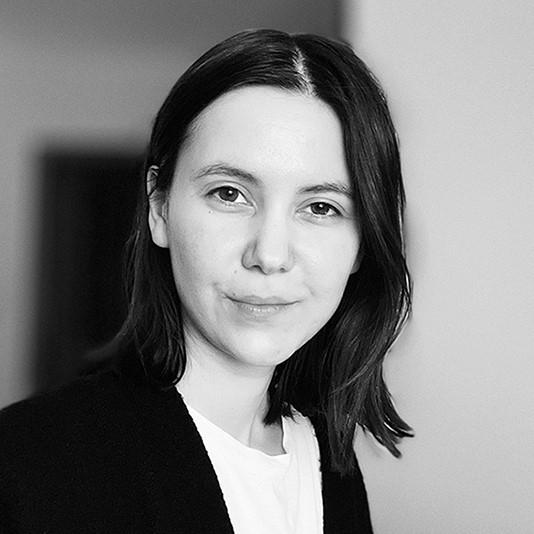Jana Perkins' Dissertation Defense

PhD candidate Jana Perkins will present her dissertation defense, “Scholarship writ large: A data-rich analysis of professionalization in English literary scholarship from 1940 to the present.” Perkins’ dissertation committee includes Associate Professor Ryan Cordell (Chair), Associate Professor Maria Bonn, Assistant Professor Tess McNulty, and Professor Ted Underwood.
Zoom Info:
Meeting ID: 813 5910 3775
Password: 548346
Abstract
The standards that must be met by practitioners who wish to conduct themselves as professionals within English literary scholarship have long corresponded to the frameworks of institutional theory, which posits that it is possible to study all manner of institutions in similar ways because they share common characteristics (DiMaggio & Powell, 1983; Scott, 2014). While practitioners working across the various fields of English literary scholarship are not all linked by identical objects or areas of study—a medievalist, for example, works on very different texts than a modernist—they are all linked through the institutional logics of the profession, which include the shared practice of their participation in its systems of professional training and the overarching structures of its academic writing. It is the academic writing within the profession, which I examine through the frameworks of institutional theory, that is of particular interest to this study.
As an established academic discipline that has existed, in some form, since the 18th century, English literary scholarship boasts a long history. Yet meta-studies of English literary scholarship, such as this one, are uncommon. Those who work in literary studies tend to work within the discipline rather than on the discipline, and as a result the subfield of research examining professionalization in English literary scholarship remains a still-developing area of study for which numerous foundational topics remain unaddressed. Thus while scholars within English literary scholarship have been examining various forms of professionalization, few have addressed this subject in the ways that I do herein. Specifically, this study argues that, when it comes to future work in this subfield, developing an informed understanding of the various logics that govern the institution is a more useful contribution than attempting—as much of the to-date work has—to make the case for individual preferences on how it ‘should’ function.
I undertake this task by considering some of the most common and foundational practices that underlie the profession of English literary scholarship, such as the academic writing in the discipline or the external funding structures that disperse monetary support and socioprofessional prestige to its practitioners. To do so, I analyze key trends over the past 85 or so years, tracking several forms of ‘incremental change’ (Mahoney & Thelen, 2010a) to establish a series of useful benchmarks on underexamined topics and extend current debates in this space. The goal of this study is to provide the kind of diagnostic insight that looks toward the future by offering an informed understanding of where the profession has been, where it is now, and where it might go from here.
What this study also aims to highlight is the potential, within institutional theory, for making greater use of academic writing as a site for tracking incremental change. Doing so represents a unique opportunity across several dimensions that would be of particular interest to institutional theorists, most notably perhaps the fact that it is uniquely the case within academia that such a discretely measurable, widely accessible, and information-rich material product—i.e., the academic writing produced by practitioners—is not merely a byproduct of a given institution but rather among the central features constituting that institution. Taken together, the primary contributions of this study serve not only to more concretely link existing studies in this space to one another as part of the growing subfield of research examining professionalization in English literary scholarship, but also to lay the groundwork for even richer connections among future work.
Questions? Contact Jana Perkins.